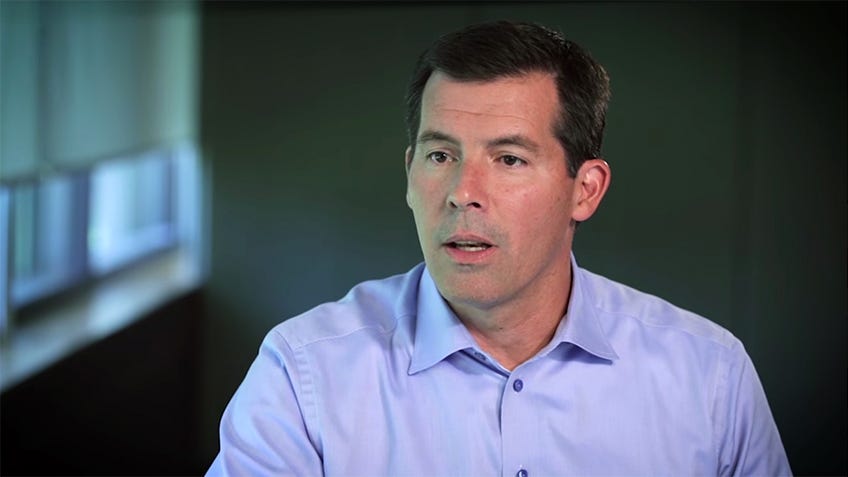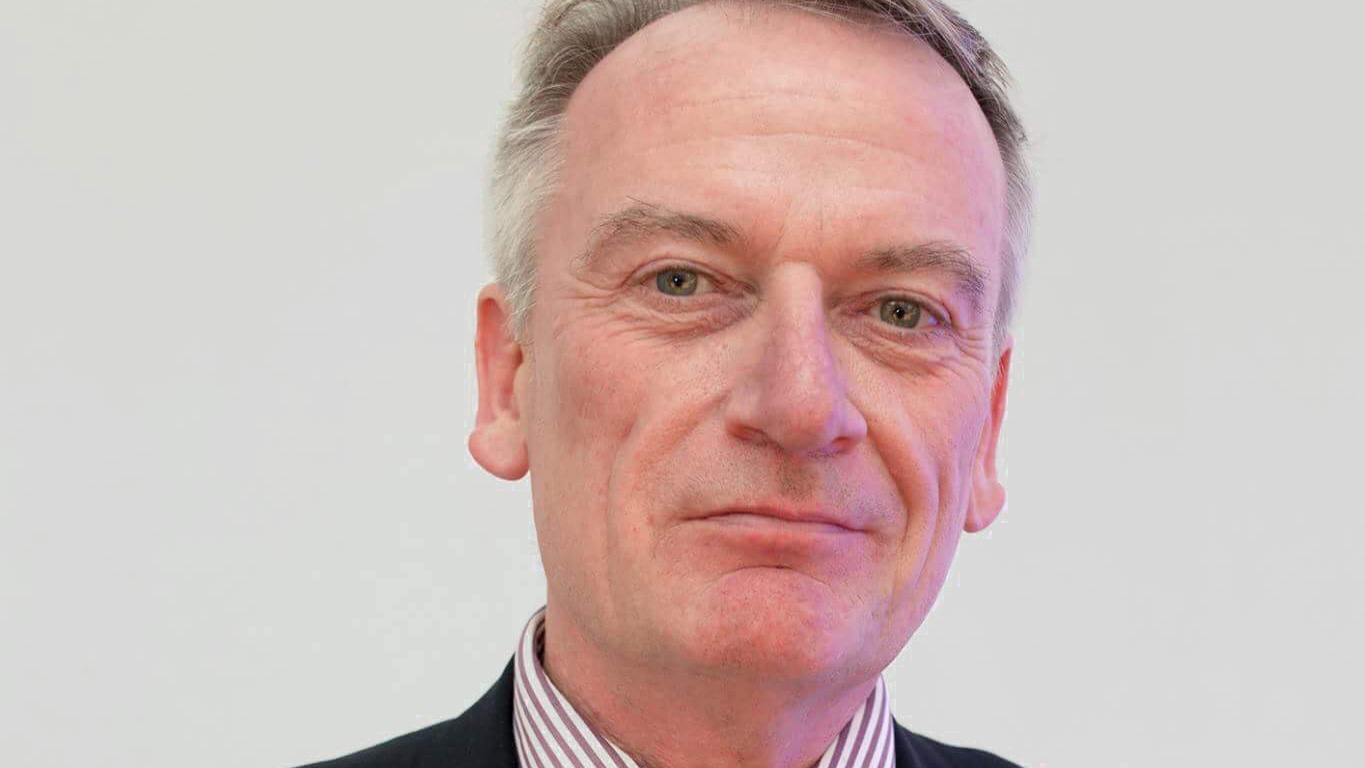The People Behind the Guarantee
Guarantees and Warranties, HC-HC-LE leadership, Founder Self-Destruction and the Currency Necessary to Succeed
A promise is nice but there is something much more important to learn and know: who is the person — or who are the people — behind the promise?
That’s what makes the promise valuable or little more than fools gold.
We hear about business guarantees and warranties. Those are promises, either loose ones or committed, depending on the character of who’s extending them.
What really matters then are the people behind the guaranty and warranty. And if you want, what also is critical to understand are the “outs” that person or those people communicate that allows them to exercise their emotions and judgment to not live up to a reasonable promise of Yes, sometimes people try to exploit a psychological safety measure yet far more often, the problem is the character of the person or organization giving the promise.
So a question to consider is, as a business person, organization or hey, just a human, what is the warranty or guarantee of our character that we’re offering up to people to build trust and earn or keep a relationship?
Question two: how can people know, as in really know, that they can trust us to not cause harm, rationalize it, displace blame and pretend the error and problem is their’s, not ours?
The quality of our warranty or guarantee is not determined by us, but, other people.
The following is an impressive request and ad listing yet is this the type of professional who this company will actually hire?
"We are looking for “High Competence | High Character | Low Ego” leaders..."
This reminds me of when Simon Sinek did a brief, very good YouTube video on this (Performance versus Trust) topic. It’s highly recommended.
Now back to the “hiring request” above, if professionals responsible for making hires can accurately research, identify, value and hire such people as they claim to be seeking, then this is a huge win for them, the mission and organization.
The questions are, will these types of leaders and team members — and they’re out there — be valued, strongly desired and hired, and what is being done to assure these type of people are looked for, accurately identified, interviewed and subsequently invited to join the team?
Humans are terribly biased and usually blind about it. We know what we should want and seek, yet that isn’t always our comfort zone, desire and decision and so we settle.
“How Founders Self-Destruct Under Pressure,” is a recent article written and just published by Carter Cast and Brooke Vuckovic in the Harvard Business Review.
One way founders “self-destruct,” under pressure, say Cast and Vuckovic is, “avoiding the problem (whatever that problem might be).”
“…founder/CEOs move away from problems (sometimes literally) instead of making decisions. Suddenly, they are difficult to reach or quick to dodge tough conversations. One founder we know refused to engage with the company’s chief marketing executive about continuing to invest in advertising or cutting back marketing spend. “I’m tied up, on the road, meeting with investors” became the cover story for avoiding uncomfortable conversations,” they write.
Not only is the problem avoided, so is what is urgently, responsibly needed.
“....founder CEOs also often avoid the one remedy that can help: reaching out to trusted advisors such as a peer CEO, executive coach, mentor, or active, interested investor,” write Cast and Vuckovic.
What they recommend is courage, commitment and civil, humble and receptive engagement.
“Instead of burying issues in hopes of them going away, the better action is discussing significant issues to improve clarity and demonstrate visible leadership.
“Leadership can be honed in crisis and having the courage to address the issue is half the battle.”
“Reputation as a currency” is a Chris Skinner article in The Banker and in it he brings up some smart, valuable insights and advisory.
While Skinner communicates his point through the context of financial transactions, I think you will also clearly notice the factors of emotions, psychology, trust and relationships.
“I participated in a debate about currencies the other day,” Skinner started. “A colleague posited that the future of money was power. Well, all power is based upon money, but his point was that money would be based on energy. The energy industries – oil, gas and electricity – are key to providing power to the world.
“This is true – and you could add wind, solar and other renewable energy providers to the list – but is it the future? I speculated previously that water would be the currency of the future. Anything could be a currency. But in this discussion, I pushed back and argued that the currency of the future would be reputation,” Skinner wrote.
He intelligently explains why, which seems like an obvious conclusion yet for such a supposed absolute, many of us miss this concept and truism.
“Reputation is the underlying currency, as reputation creates trust.
“If I trust you, I will trade with you. If I don’t trust you, I won’t. This hit home for me years ago, when I got ripped off by a fraudster that I trusted. Money and investing has little to do with assets – it’s all about trust.
“But what is it that backs your investment? What is it that reinforces that trust?
“When you buy something, can you guarantee it will be delivered? How can you believe in this thing you are buying? When you invest in or buy anything, you have a belief that it has value, but does it really?
“Whether it involves bitcoin, the US dollar, a work of art or a rare commodity, the core of any trade or transaction is your belief that the thing you are buying and trading with holds a specific value. That belief is based upon trust. That trust is based upon reputational history,” Skinner asserts.
He continues:
“The only reason we accept a currency is because we trust it. The only reason we invest in something is because we trust it. If you buy something, whether it be a Picasso painting or a book from Amazon, you trust it will be delivered. Obviously, it makes a difference when it costs $100m versus $1, but trust in the follow-through is the golden thread.
“And how is that trust built? It’s based on reputation. You must attract reputational trust to, in turn, attract investment,” Skinner says.
Isn’t this the truth, not only in financial transactions but in human interactions, whether professional or personal? I argue, “yes.”
Yet how often do individuals and organizations show in words and other behavior that they don’t care to build trust, prove worthy of it and benefit? They really only want a minimal amount of trust and can show they weren’t even worth that sliver of it.
Precious but fragile, Skinner says of trust and reputation.
“During our debate about currencies, reputation and trust, we touched upon Prince Andrew, whose reputation was trashed overnight by his 2019 BBC interview,” Skinner wrote.
“Before that interview, would you have trusted an investment backed by Prince Andrew? After that interview, how did your view change? Reputation is maintained through consistent actions and crucially can be lost in a second.
“Trust is the mainstay of all monetary and market movements and investments. We must ask ourselves: do I trust it? What’s the provenance? Can I accept its reputational value?…We do not trade in commodities, assets, products and services, but trust.”
Michael Toebe is the creator of Reputation Notes and founder and reputation specialist at Reputation Quality, a practice that serves and helps successful individuals and organizations in further building reputation as an asset and when necessary, ethically and successfully protecting, restoring and reconstructing it.
NOTE: if you would like to be interviewed for the newsletter and can talk about important, interesting and insightful matters of reputation, you can contact me at Michael.Toebe@Reputation-Quality.com.
NOTE II: If you have reputation-related questions you’d like answered in this newsletter you are welcome to ask them.
I can-and-will grant you anonymity regarding your question if that’s important to you.









